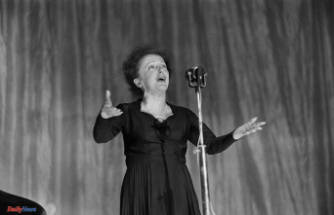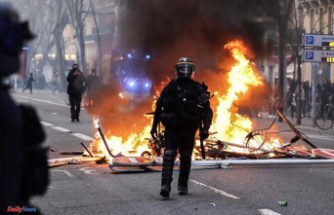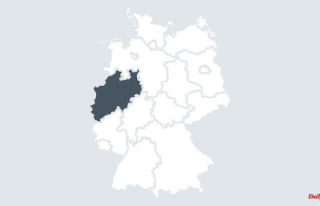In Germany, around three million residential buildings belong to the worst energy efficiency class, H. Which is expensive for their owners. In order to keep the booth warm, seven times more gas is required than for buildings with a modern energy standard. Since the gas price brake brings little.
According to a study, residents of poorly insulated houses have to pay almost seven times as much for gas under certain circumstances as residents of well-insulated houses, despite the gas price brake. This is the result of a calculation by the Climate Neutral Germany Initiative.
According to this, around three million residential buildings in Germany belong to the worst energy efficiency class H. "Bad windows, uninsulated roofs and uninsulated masonry mean that seven times more gas is needed to heat these buildings than in buildings with a modern energy standard," said the foundation on Thursday in Munich. Despite the gas price brake, the residents of class H houses would have to spend considerable sums on heating.
A family that lives in an average 150 square meter detached house in energy efficiency class H will have to spend around 5,600 euros a year on gas in the future. This is 4800 euros more than a family living in a class A house. Compared to 2021, the additional costs would be over 3000 euros per year. Heating an average apartment of 60 square meters in the middle efficiency class D will cost around 2250 euros next year. This is almost 2000 euros more than for a class A apartment of the same size.
"In the long run, there is no way around reducing gas consumption so that heating remains affordable," explained the managing director of the initiative, Carolin Friedemann. In this context, she called for generous funding from the federal government for the modernization of poorly insulated houses. "It is economically and environmentally more sustainable to spend billions of euros on better energy efficiency than to spend the money on a heating subsidy that literally goes up the chimney."












